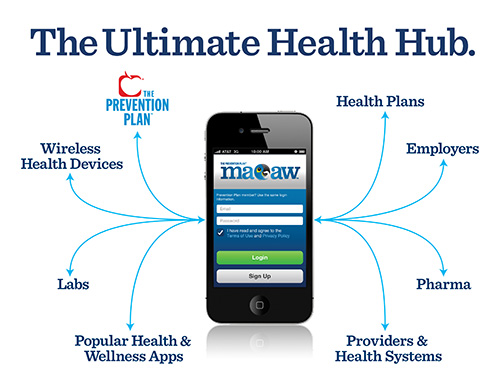Building a startup is hard. If you’re lucky enough to have funding, you’re in a race against your runway. You need to show some serious traction before you can refill the bank. Bootstrappers need to work even harder against potentially tighter deadlines.
You’re living this, so it’s obvious to you. What might not be as clear is that many of you are working too hard and taking your eye off of what’s really important.
Chances are that you’re in your business because you think you can provide something that’s not available from any of your competition. You have a very specific audience in mind and you’re hustling to provide the solution that solves their problems. That’s why you shouldn’t be building anything that doesn’t fit that exact criteria.
Find APIs That Solve Non-Core Problems
The part of your application that is unique to your business is 20% at the most. That means that at least 80% of what you create is generic unless you build on top of it. This fact makes it a glorious time to have a startup for those who are willing to take full advantage of APIs.
Many companies and APIs have risen to fill gaps in common, and often time-consuming, elements of applications. For example, my employer provides transactional email deliverability. You don’t need to configure SMTP servers or manually look for bounces, unsubscribes, and spam reports. There are similar examples across many other problems that developers should not be solving on their own.
Infrastructure is the most common umbrella for these services and can fill the gaps, allowing you to focus on what makes you special. Very likely, you are already hosting your application in the cloud, one of the more adopted types of infrastructure. I already mentioned email, but there are other companies providing similar communications, like Twilio for telephony and Urban Airship for mobile notifications.. So, why are you trying to solve these problems yourself?
“Can We Build It?” Default to “No”
There’s a common drive among engineers to try to build everything for ourselves. In many cases, that’s a great trait. We sit at a computer, hack away for a few hours, and create something new. When the thing created is core to what you’re building, it’s beautiful. When it’s not, that’s wasted time not spent working on the product that your customers want. Focus and time are two of the most sacred mantras for bootstrappers.
Another forgotten aspect of building everything yourself is that everything needs maintenance.. In any code base, it’s rare to write code that won’t be touched again. It’s best unload the bulk of the code to an expert — that way the code and its fidelity is maintained.
Beware of the CTO or technical co-founder who insists on building everything in-house, often under the guise of user experience, risk management, or having more control. These are all over-optimizations for startups. If it’s really important, you can build it yourself later when you will almost certainly have more time and money. Right now, you likely have little of both.
If any more than 20% of your application was built by your team, you’re probably working too hard. What would you do with more free time? I’m guessing you’d put it back into your startup. And that’s okay, because it’s admirable to work hard on the right things.
Take an oath as co-founders to always try to solve a problem with an existing solution before building your own. Put a time limit on it and thoroughly explore the pros and cons of using a particular API or cloud service. Startups are too difficult to put effort into stuff that doesn’t make you special. By sticking to this oath, you’ll be consistently working on the right things and not working so hard on the wrong things.






